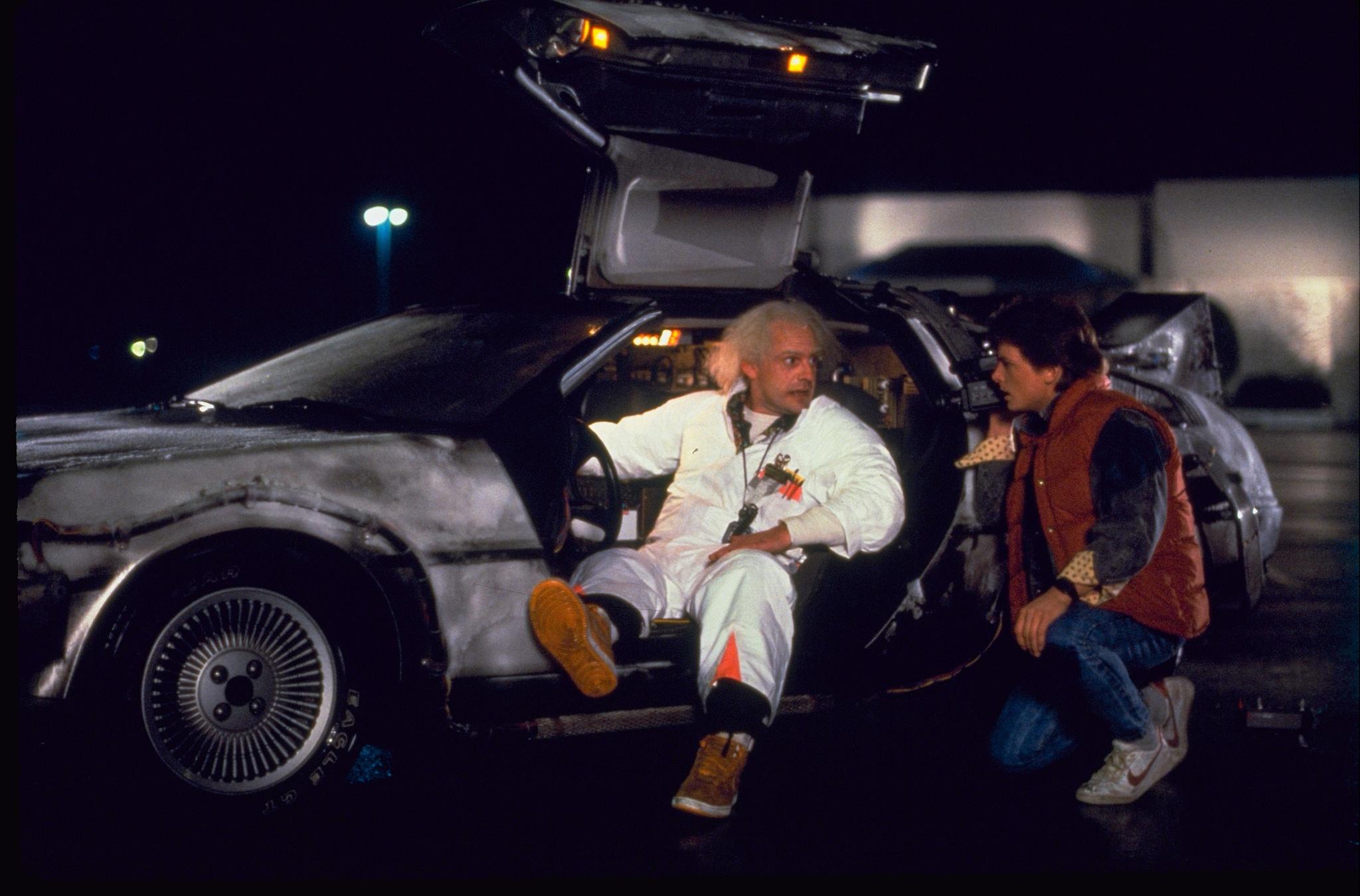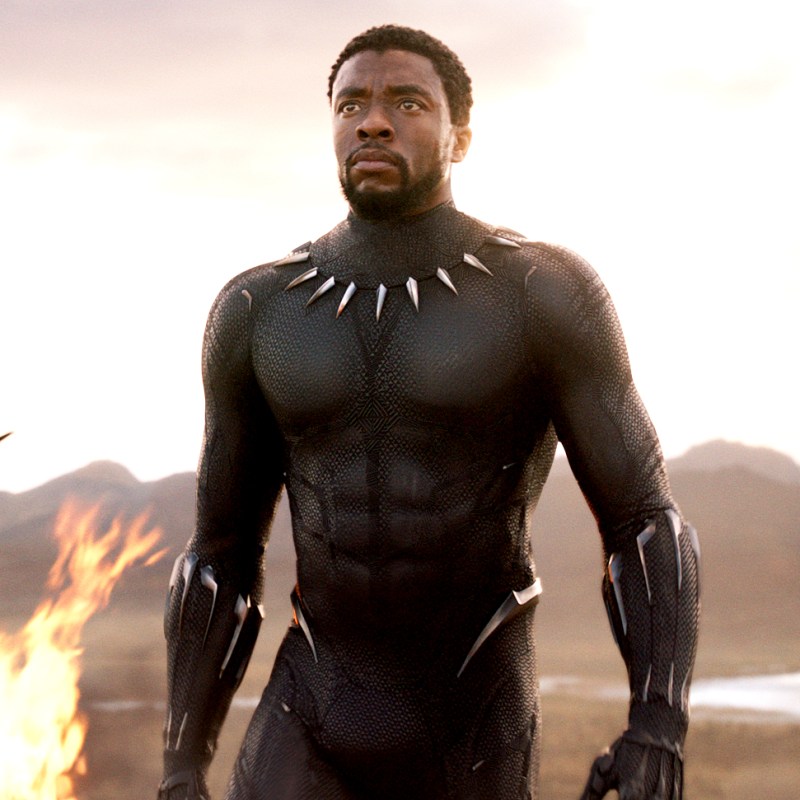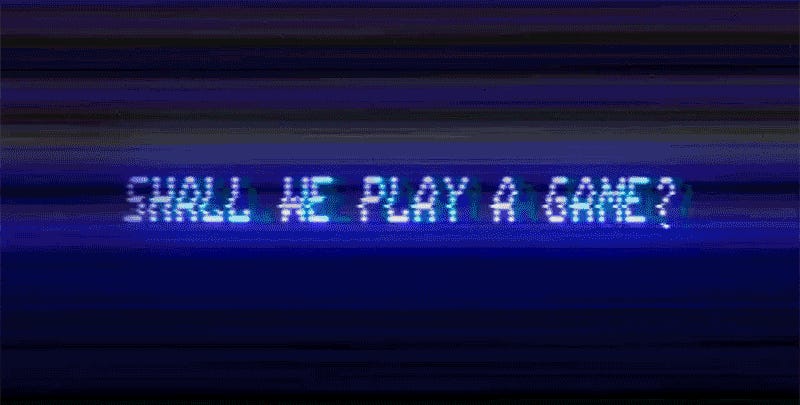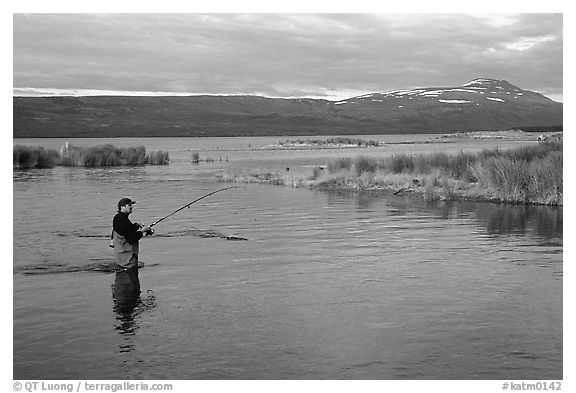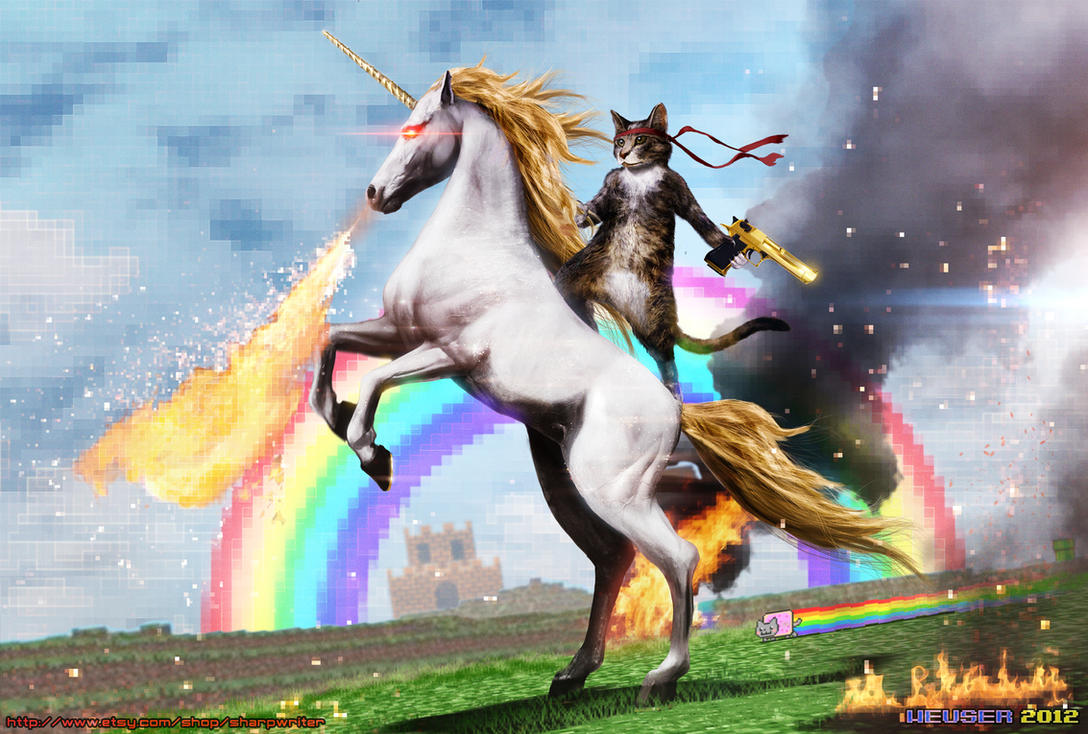The swing beat can be seen in most modern beats — from DC’s go-go and pop artists like Major Lazer, I think it’s pretty cool that I can turn on my radio in 2018 and hear a beat created in 1875. Very few cultural relics survive the turning centuries, and the displaced accent popularized by the opera song, Habanera, is one of those idyllic few. This displaced accent is seen in many genres of music as well, like Cuban and Argentinian, as well as opera, jazz, and pop. An interesting band that plays with the musical timeline, Post modern Jukebox covers modern pop songs in a more vintage/jazz version. I actually like the Jukebox version better. The female vocalist sings with a raspy, sultry voice that echoes the underground cafe singers of the 40s and 50s. The accompanying band plays behind-the-beat, a perfect string of piano and bass beats that captivate the listener. One reason I may be so enamored with this style and genre of music is it is reminiscent of a time with more wonder and fun. It may be a stylized, stereotyped vintage utopia, but in my mind, swing jazz played on a jumping record symbolizes America’s golden years of music. Just after WWII, America emerged as one of two global superpowers, and although it was tinged in something darker, we had the only nuclear weapons in the world, making us more powerful — and dangerous — than any other nation. It was an age of invention and revolution, and I want to be as much a part of the past as I am the present. The lovechild of minstrel shows, the swing beat has captured a cultural in America from decades ago and transported it into the future. The swing beat is like a musical time machine, relevant in the past, present, and certainly will in the future.
Real life time traveller
